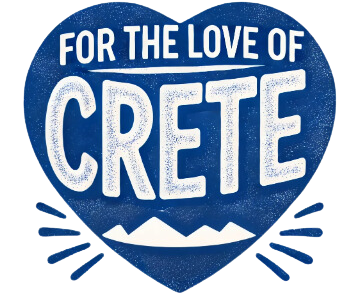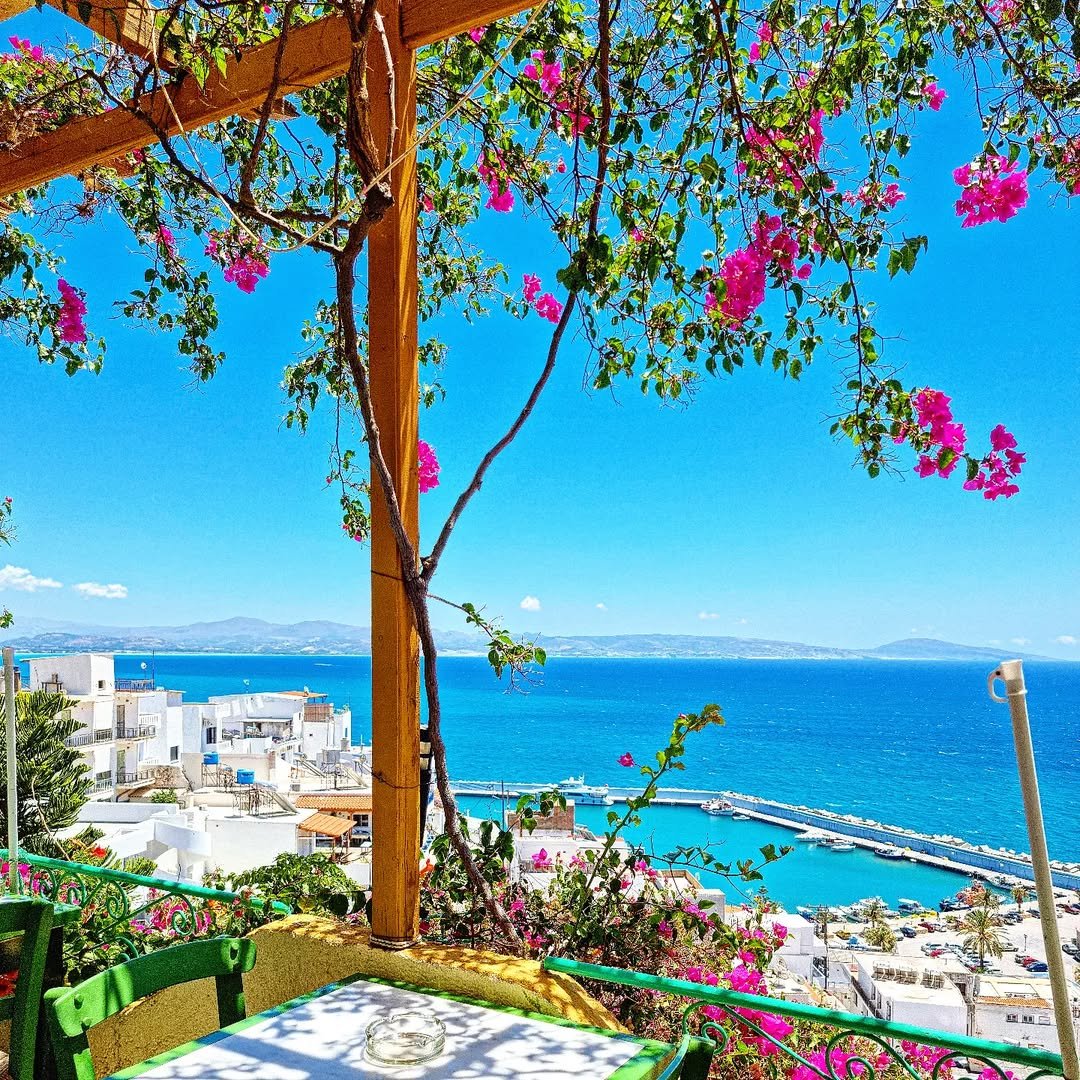Something happens when you step onto Cretan soil. Maybe it’s the way stress seems to melt off your shoulders after a few days of Mediterranean sun, or how that persistent brain fog finally lifts when you’re walking along salt-kissed shores. Visitors often describe feeling more energetic, sleeping better, and experiencing an overall sense of ease they hadn’t felt in months back home.
This isn’t just vacation magic. What you’re experiencing echoes a wellness formula that Hippocrates and Galen, the most celebrated ancient Greek doctors, prescribed over 2,000 years ago. They understood something we’re only now rediscovering: true healing happens when we address “dis-ease” not as isolated symptoms, but as a fundamental lack of ease in the body and mind.
Crete offers a unique combination that’s hard to find anywhere else. Its pristine coastline meets wild mountain landscapes dotted with ancient olive groves, while abundant sunshine bathes mineral-rich soils. Here you’ll find genuinely pure, non-GMO ingredients that have become surprisingly rare elsewhere in Europe. Add to this a slower pace of life where meals unfold without rush and community care feels genuine rather than performed, and you have one of the world’s most powerful natural healing laboratories.
Meet the Masters: Two Ancient Doctors Who Changed Everything
Hippocrates: The Father of Medicine
Born around 460 BC on the Greek island of Kos, Hippocrates came from a family of physician-priests but decided medicine needed a complete makeover. While his contemporaries blamed illness on angry gods or evil spirits, he took a radically different approach. Disease was natural, not supernatural, he insisted, and could be understood through careful observation rather than superstition.
This shift changed everything.
Hippocrates established a renowned school of medicine on Kos, which became a model for future generations in both Greece and beyond. While not a “medical school” in the modern university sense, it was the first center to teach medicine as a rational and ethical art, separate from religion and superstition. He also inspired the ethical foundation still used today in the Hippocratic Oath.
But here’s what’s really fascinating: he didn’t just treat symptoms. His approach looked at the whole person, their environment, their lifestyle, and their emotional state. Contrast that with today’s healthcare, where if you complain of pain in your hand, most doctors treat it as an isolated problem rather than part of a whole body system. We’ve actually moved backwards from what Hippocrates understood 2,500 years ago.
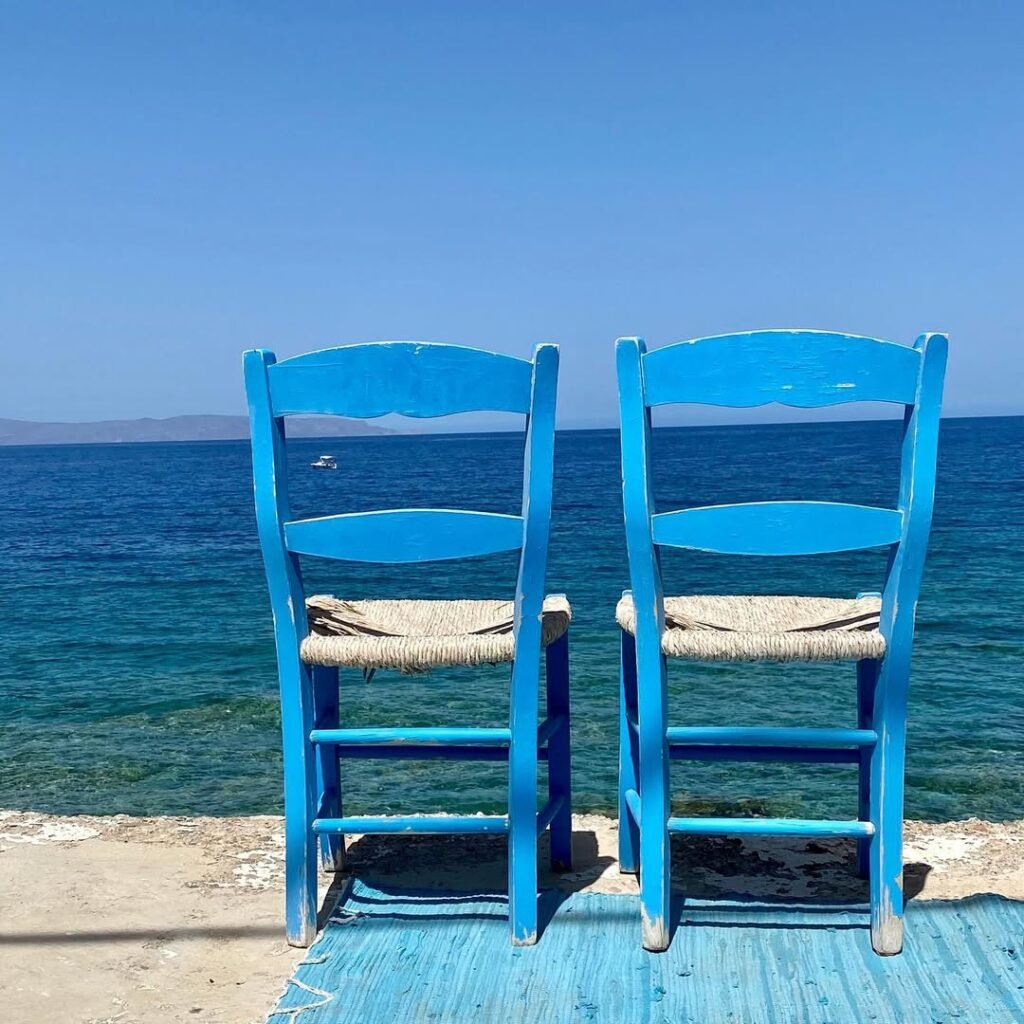
Galen: The Physician Who Treated Emperors
Fast-forward to 129 AD, and we meet Galen, born in the ancient city of Pergamon (now Bergama in modern-day Turkey) in the region of Asia Minor to a wealthy family that gave him the best education money could buy. Though technically part of the Roman Empire, Pergamon maintained its strongly Greek character in language, culture, and governance.
It wasn’t just any city, but a major center of Greek learning, famous for its impressive library and large sanctuary dedicated to Asclepius, the god of medicine. Galen studied across Greece and Egypt before becoming Rome’s most celebrated physician. When you’re good enough to serve as court doctor to Roman emperors, you know you’re doing something right.
Galen took Hippocrates’ ideas and ran with them, conducting experiments and building the most comprehensive medical system the ancient world had ever seen. He championed treating the whole person, not just their symptoms. Diet, hygiene, mental health, exercise, social connections, even the air you breathed mattered just as much as any medicine. His influence was so powerful that European and Islamic medicine followed his teachings for over 1,300 years.
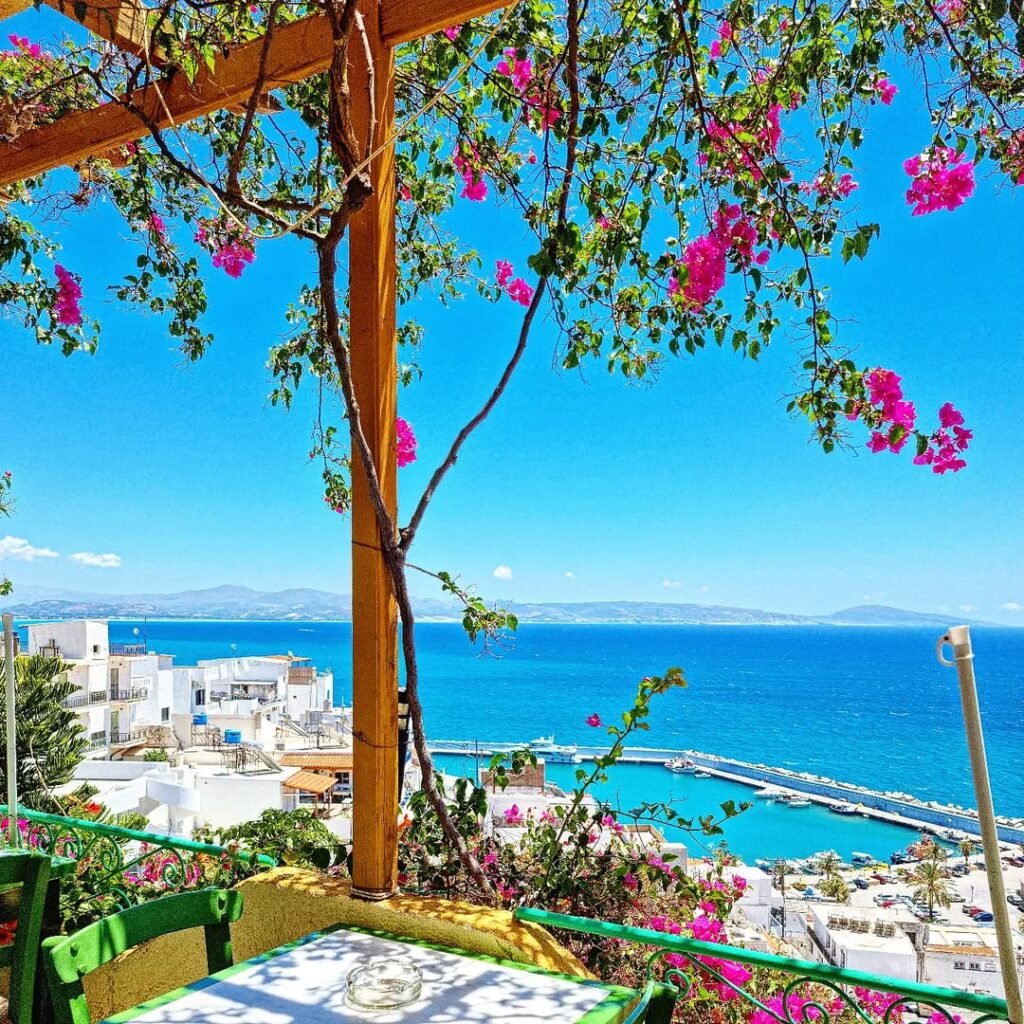
1. Heliotherapy: The Ancient Art of Sun Medicine
For Hippocrates and Galen, sunlight wasn’t just pleasant. It was essential medicine. They prescribed controlled sun exposure with the same precision modern doctors use for prescribing medications, understanding that light could heal both body and spirit in ways that went far beyond what they could explain.
The ancient Greeks believed human health depended on balancing four vital fluids called “humors.” When someone felt sluggish, depressed, or physically weak, doctors would diagnose them as having “cold” or “damp” humors that needed warming. Sunlight was the cure. Hippocrates specifically recommended sunbathing for people “chilled in both mind and body,” prescribing exact times of day and durations to restore energy and lift spirits.
This wasn’t casual advice. Hippocrates systematically documented heliotherapy cases, using specific doses of sunlight to heal wounds, repair damaged skin, ease arthritic joints, and combat what they called “melancholia” – what we’d recognize today as depression. Galen took these observations further, noting how sunlight promoted blood circulation, accelerated wound healing, and “purified” mental fog.
Modern science is still trying to catch up to what these ancient physicians understood intuitively. We’ve finally discovered that moderate sun exposure triggers vitamin D production, strengthens bones, supports immune function, and fights depression.
But here’s the thing. You can’t patent the sun or bottle sea air and sell it for profit. That’s why mainstream medicine remains thousands of miles behind ancient wisdom, focusing on treatments they can monetize rather than the free, natural remedies that actually work.
Nowhere does this ancient prescription come alive quite like Crete. Locals still speak of their island’s “light of the gods” – that distinctive quality of brightness that painters chase and photographers can’t quite capture. The island enjoys over 300 days of brilliant sunshine annually, creating what amounts to a year-round natural heliotherapy center.
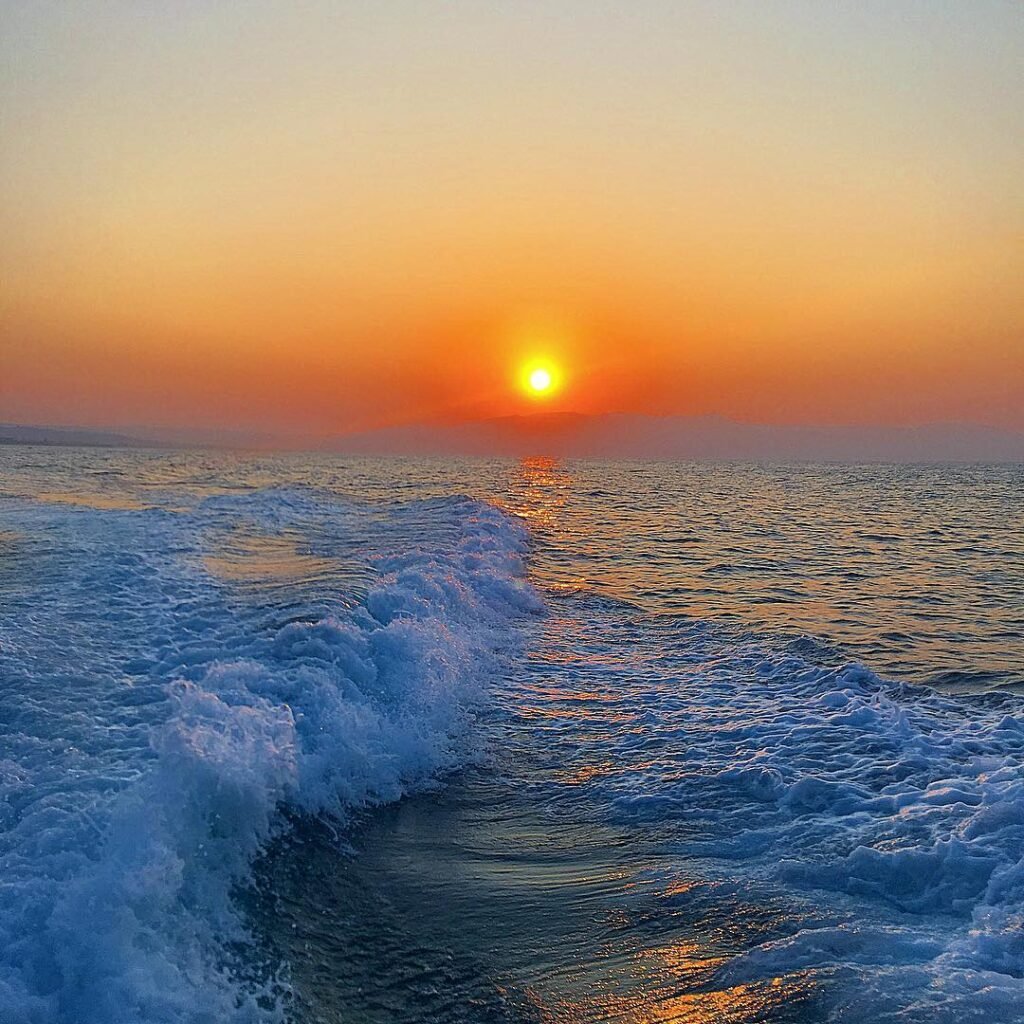
2. Sea Air: Medicine on the Breeze
Long before anyone understood the science behind it, ancient Greek physicians knew that not all air was created equal. They paid careful attention to winds, coastal breezes, and regional climates, believing each carried its own healing properties. Ocean air, in particular, was considered nature’s most powerful respiratory medicine.
Hippocrates devoted an entire treatise to this concept called “On Airs, Waters, and Places,” writing that “air is a chief instrument of health and disease.” He observed that coastal climates seemed especially beneficial for those with weak constitutions or low spirits. Galen expanded on these ideas centuries later, recommending seaside stays for patients with respiratory complaints and advising physicians to move patients away from stagnant air toward clean, moving breezes.
What the ancients sensed intuitively, we now understand scientifically. Coastal air is rich in negative ions – microscopic particles created by crashing waves that can improve mood, enhance lung function, and promote better sleep. The salt particles naturally help open airways and soothe respiratory conditions.
Crete’s unique geography creates the perfect storm of healing air. Mountain breezes meet sea air in microclimates that produce some of the purest, most invigorating atmosphere in the Mediterranean. From the energizing northern coast to the herb-scented southern breezes, every breath connects you to the tradition Hippocrates first documented over two millennia ago.
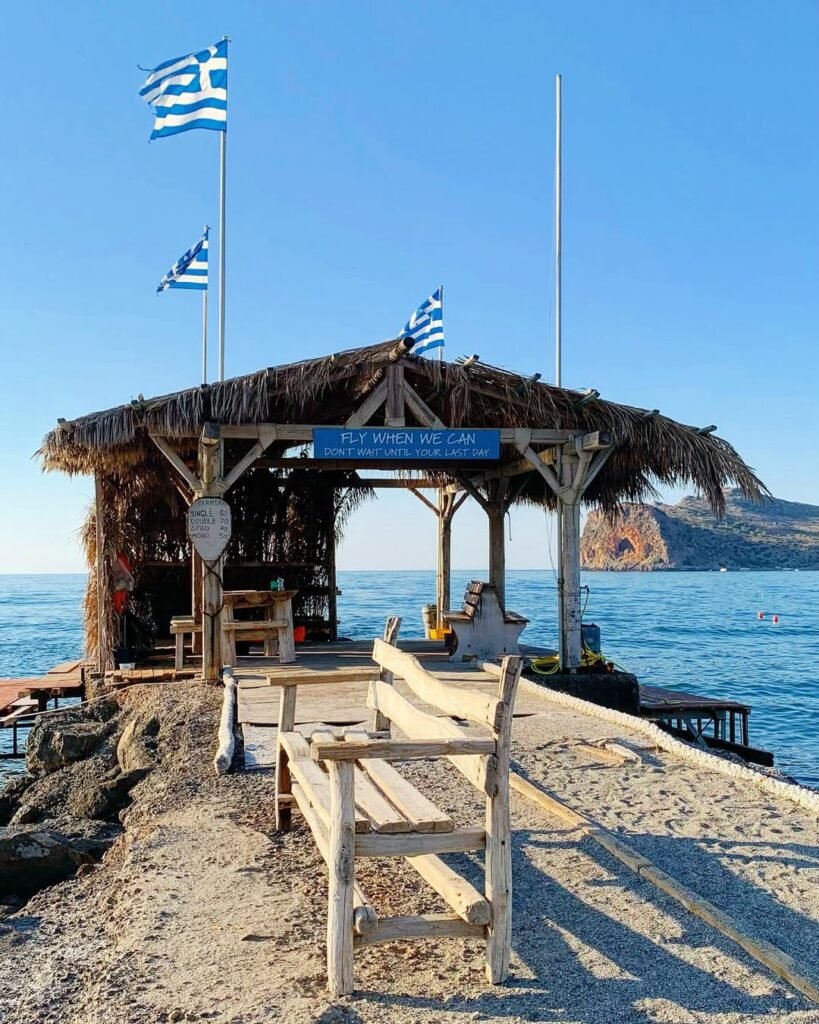
3. Thalassotherapy: The Healing Power of Salt Water
In ancient Greece, the sea – “thalassa” – was revered as far more than a source of fish or trade routes. Greek physicians viewed saltwater immersion as one of nature’s most complete healing therapies, capable of mending both physical ailments and emotional wounds.
Hippocrates observed that “the sea cures all ailments of man,” documenting how saltwater baths helped clean infected wounds, eased muscle pain, and lifted spirits after illness or trauma. This wasn’t mystical thinking. It was careful observation of real results. Ancient Greeks regularly prescribed sea bathing for sore joints, skin eruptions, exhaustion, and what they called “melancholia.”
Galen built on these findings, noting that the sea’s natural antiseptic properties, combined with its rich mineral content – magnesium, potassium, calcium – could soothe inflammation and support recovery in ways that other treatments couldn’t match. The ritual was as important as the remedy: patients would bathe in the sea, then rest on warm sand or stone afterward.
This ancient practice directly mirrors today’s expensive spa treatments, except Crete offers it free along every coastline. Ask any regular visitor to Crete about their daily swim ritual, and you’ll hear the same story: aches dissolve, tension melts away, and there’s a sense of being “reset” after just a few days of morning dips in the Libyan or Cretan seas. Whether you swim, wade, or simply float in tidal pools, you’re practicing medicine as old as civilization itself.
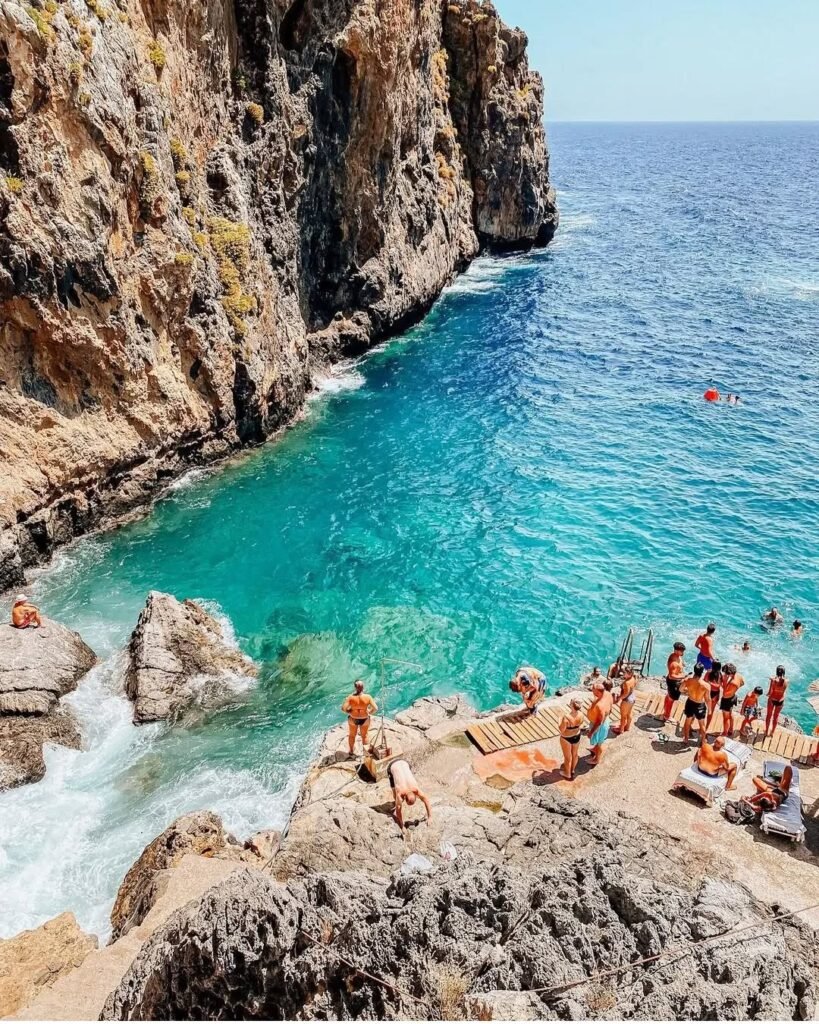
The Holistic Philosophy: Why It All Works Together
While modern medicine tends to treat your hand pain as a hand problem, your insomnia as a sleep problem, and your anxiety as a mental health issue, ancient Greek physicians saw something entirely different. They understood that everything in the human body is connected – and that true healing required addressing the whole person, not just isolated symptoms.
Hippocrates and Galen built their practice around the concept of balance. They believed health depended on harmonizing four vital fluids called “humors” (that is, blood, phlegm, yellow bile, and black bile), but more importantly, they saw these as reflecting the balance between body, mind, lifestyle, and environment. When someone came to them feeling unwell, they didn’t just ask about physical symptoms. They wanted to know about diet, emotions, relationships, exercise habits, even social connections.
This approach was revolutionary then, and it’s still revolutionary now.
At Hippocrates’ medical school on Kos, treatment combined drug therapy with exercise, intellectual pursuits, rest in nature, and social interaction.
For them, health meant harmony throughout the entire person, not simply the absence of disease. They were treating “dis-ease” in its truest sense – the lack of ease that happens when life falls out of balance.
Compare this to today’s healthcare system, where specialists focus on individual organs and symptoms get treated in isolation. The ancient Greeks would find our approach baffling. How can you heal someone’s digestive issues without looking at their stress levels, sleep patterns, and emotional state?
Crete naturally embodies this holistic wisdom. Life here still moves to rhythms that support whole-person wellness. Meals unfold slowly, giving both body and mind time to truly nourish. The seasonal pace means people rest when nature rests, work when energy is high, and celebrate when the harvest comes in.
When you feel that sense of “everything clicking into place” during a stay in Crete, you’re experiencing what Hippocrates and Galen understood: true healing happens when sun, sea, fresh air, good food, genuine community, and a slower pace work together to restore your natural balance.
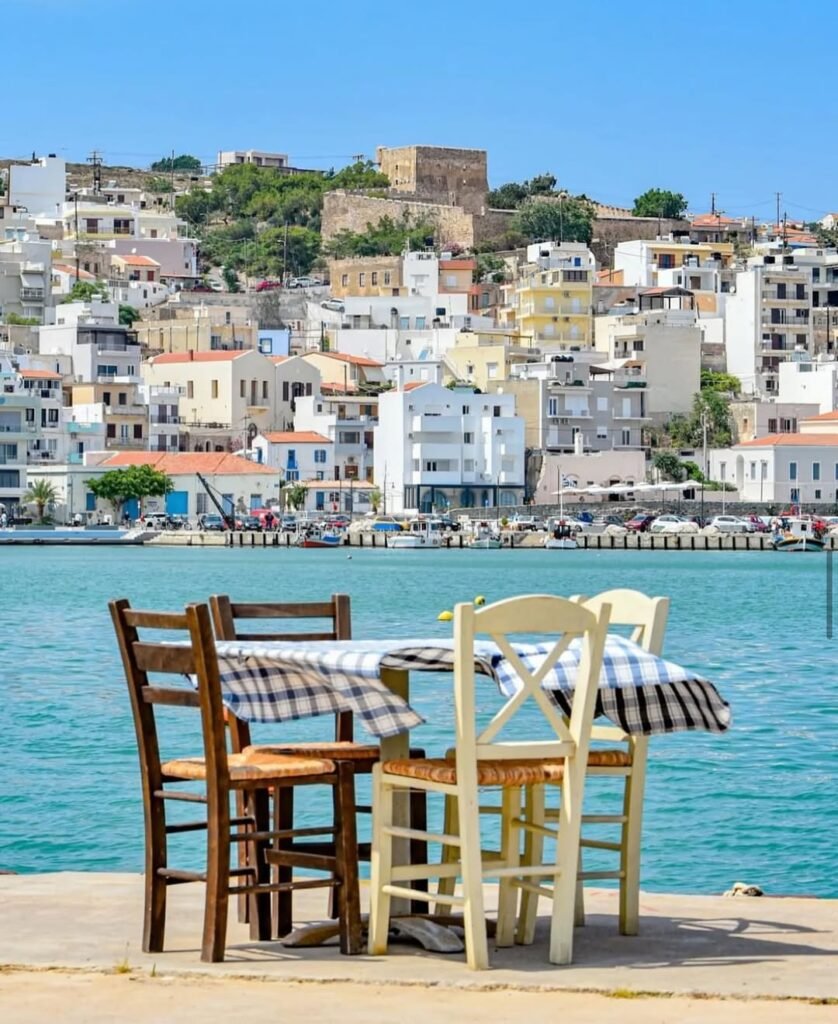
Living the Ancient Prescription: Why Crete Still Works Its Magic
Ask anyone who returns to Crete year after year why they feel “brand new” after just a few days (if not hours), and you’ll hear the same story. It’s not just the vacation effect. It’s the lived experience of an environment that still embodies the healing formula Hippocrates and Galen prescribed over two millennia ago.
Crete naturally delivers their prescription: daily exposure to brilliant sunlight, salt-rich coastal air that fills your lungs with negative ions, crystal-clear waters perfect for therapeutic swimming, and a pace of life that actually allows your nervous system to reset.
The island makes these ancient remedies effortless to embrace. Take your morning swim in a secluded cove – you’re practicing thalassotherapy. Walk coastal paths breathing herb-scented sea air – you’re following Galen’s recommendations. Rest in olive grove shade after sun exposure – you’re doing exactly what Hippocrates prescribed.
Let’s face it, with the chaotic pace most of us maintain these days, we’re all functioning under constant stress, and our bodies feel it. Every breath of sea air, every moment of Mediterranean sun, every peaceful swim draws from the same natural pharmacy that healed ancient Greeks, proving the best medicine has always been free, natural, and beautifully simple.
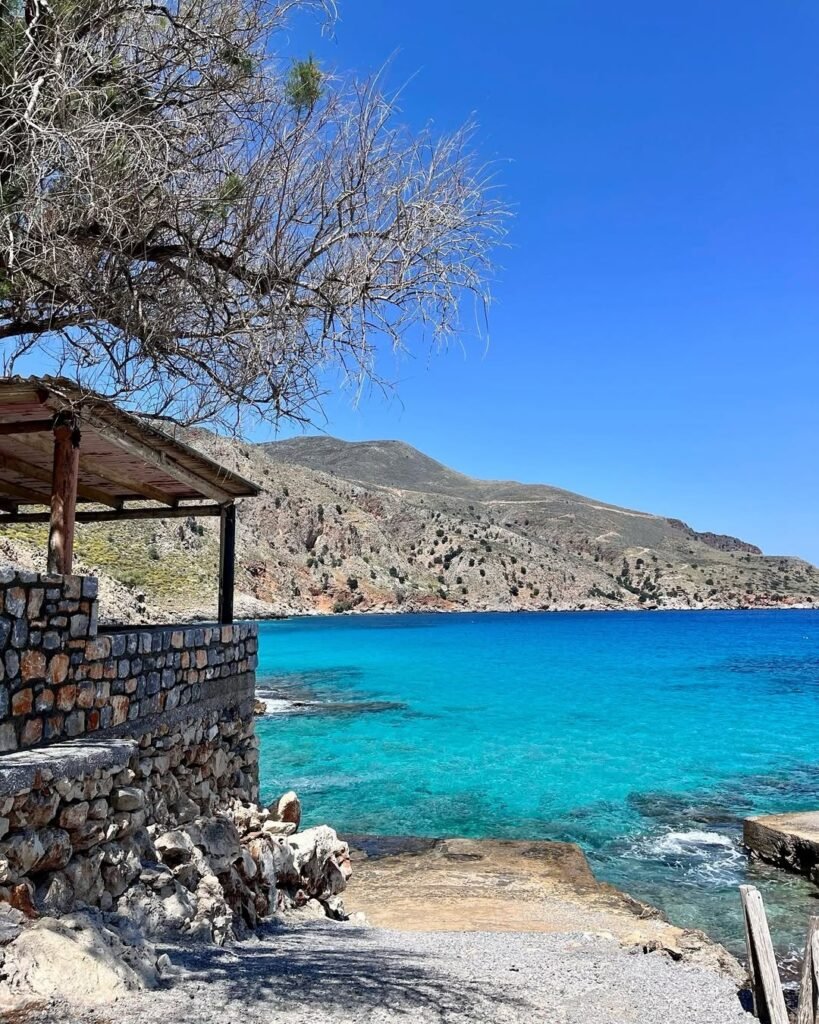
Conclusion
The next time someone asks why you keep returning to Crete, you’ll know it’s not just the postcard-perfect beaches or the incredible food. It’s because this island still holds the secret that Hippocrates and Galen discovered centuries ago – that healing isn’t complicated, expensive, or found in a bottle. It’s as simple as stepping outside, breathing deeply, and letting the elements do what they’ve always done best. In a world obsessed with quick fixes and synthetic solutions, Crete quietly offers the most radical treatment of all: the patient art of doing less while feeling infinitely more.
Further reading:
7 Beaches in Crete That Might Be Better Than Elafonissi Beach
How to Avoid Tourist Traps in Crete, Greece
Guide: What Makes Cretan Cuisine The Healthiest Diet in The World
